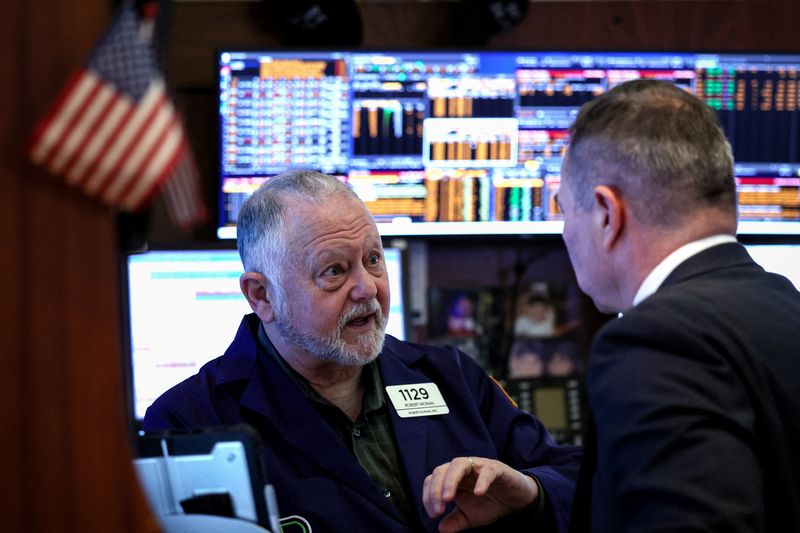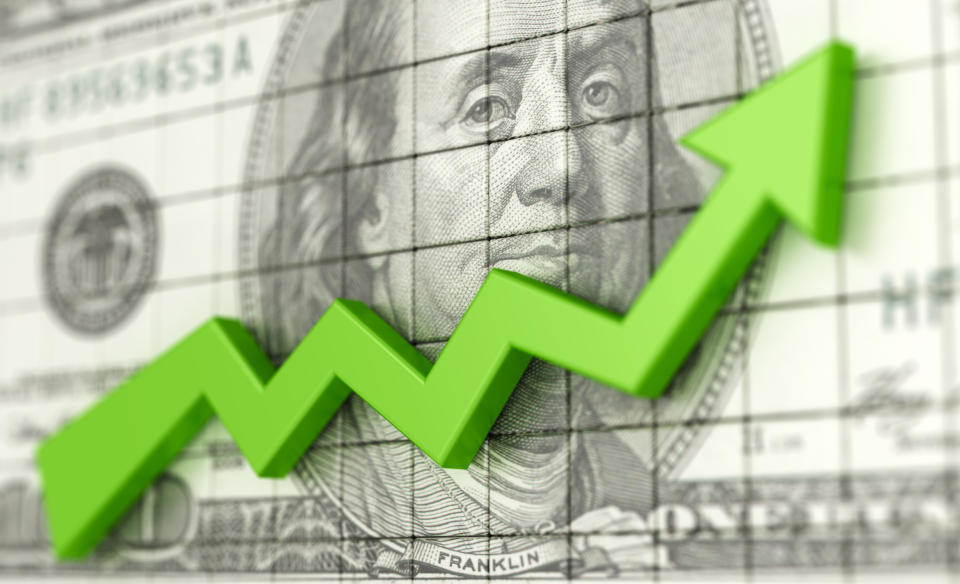
Disclosures on executive incentive metrics are a common practice in Australia, Japan and Singapore but less so in other Asia-Pacific markets, according to the report. These three countries also led the region in terms of the prevalence of ESG metrics, which stands at 93 per cent of companies in Singapore, followed by Australia at 86 per cent and Japan at 72 per cent.
Meanwhile, Hong Kong and mainland Chinese companies trailed their Asia-Pacific peers, at 55 per cent and 29 per cent, respectively.

As Asia-Pacific companies strive to achieve their ESG objectives, the integration of such metrics into executive compensation serves as a powerful tool in driving sustainable practices, attracting top talent, and showing their commitment to stakeholders, according to Timothy Smith, business director of sustainability at recruitment firm Hays Hong Kong.
“This progressive trend highlights a growing recognition of the importance of aligning executive compensation with values that prioritise sustainability and social responsibility,” said Smith. “The demand for sustainable and responsible business practices from stakeholders, including investors, customers, and employees, has played a significant role in driving the adoption of ESG metrics in executive compensation.”
Standard Chartered says investors buying ESG funds surge by 40 per cent
Standard Chartered says investors buying ESG funds surge by 40 per cent
Metrics related to human capital and reduction of carbon emissions received the most attention across all ESG categories in Asia-Pacific, according to WTW.
Metrics in the social category saw the biggest increase in the region, rising from 47 per cent in 2022 to 60 per cent last year. Within this category, employee engagement and safety were the most common features tied to executive incentive plans.
Meanwhile, the use of environmental metrics rose from 28 per cent in 2022 to 39 per cent last year, with measures related to carbon or greenhouse gas emissions the most popular, according to the disclosures.
“Increasingly, there is more pressure on ESG-related disclosures and progressive sustainability practices across markets in Asia-Pacific,” said Shai Ganu, managing director and global practice leader of executive compensation and board advisory at WTW.
“More companies are incorporating executive incentives with ESG measures, and pay committees see this as an important tool to ensure alignment with the interests of all stakeholders, including long-term interests of shareholders,” he said.
Publicly listed companies that have declared their social ambitions, established foundations, endorsed the United Nations Sustainable Development Goals, or are subject to regulatory frameworks are particularly proactive in adopting these metrics, said Hays’ Smith.
“By incorporating these metrics, executives are held accountable, ensuring that their actions align with their stated values – essentially putting their money where their mouth is,” said Smith.
Companies are becoming more aware of monitoring ESG performance, and this will lead to an increase in incorporating such metrics into executive pay, according to Martin Xiang, principal of Heidrick & Struggles Hong Kong.
“With its position as an international financial hub and stringent ESG reporting requirements, Hong Kong’s financial services sector sees a marked increase in the use of ESG metrics in executive incentive plans,” said Xiang. Adoption is also growing among companies in the property and industrial sectors.
“We are seeing more companies, especially international firms, adopting this practice,” said John Mullally, managing director at recruitment consultancy Robert Walters in Hong Kong. “While ESG metrics are included in executive incentive plans in some countries in the Asia-Pacific region, it is not as widespread in Hong Kong.
“To attract external investment from asset management companies, more companies, particularly those in regulated industries, are actively working to incorporate ESG considerations into their business strategies,” Mullally said. I believe that this trend will become more prevalent in Hong Kong and Greater China.”
The news is published by EMEA Tribune & SCMP Follow our WhatsApp verified Channel
Follow our WhatsApp verified Channel









